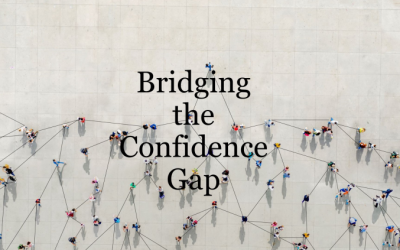The Unexpected Impact of AI on Diversity in European Organizations
In an era where diversity, equity, and inclusion (DEI) are climbing higher on the agendas of companies, a recent EY report reveals that European organizations are still lagging behind. The average DEI index score stands at just 5.69 out of 10, indicating significant room for improvement. Surprisingly, one of the factors contributing to this shortfall is the use of AI tools in HR processes.
AI as an Unintended Barrier to Diversity
Despite the growing importance of DEI, only seven percent of organizations are actively working on it. One of the biggest challenges is the lack of diversity within management teams. Only forty percent of managers belong to an underrepresented group, and this percentage drops to sixteen percent when women are excluded. Consequently, DEI often does not receive the priority it deserves, despite clear evidence that diverse companies outperform their less diverse counterparts.
The Role of AI in Recruitment and Selection
AI tools are increasingly used in recruitment and selection processes, analyzing resumes and matching candidates with job openings based on programmed criteria. However, research by Hilke Schellmann, a journalism professor at NYU, shows that these AI systems often reinforce unintended biases. For instance, the word ‘baseball’ in resumes is rated more favorably than ‘softball,’ subtly discriminating between male and female candidates. Similarly, the name ‘Thomas’ is more frequently selected, purely based on statistical correlations.
More of the Same
The danger of these AI tools is their tendency to select candidates who resemble current employees, leading to a homogeneous work environment and limiting organizational diversity. HR-tech startups often release new products quickly under investor pressure, without sufficient attention to the ethical implications and potential biases of their AI systems.
The Path Forward
Despite current challenges, AI also offers opportunities for the future of recruitment. When AI systems are trained with carefully selected data and used under expert supervision, they can provide valuable insights into candidates’ skills and potential. This can help identify talents that might otherwise be overlooked and promote a more diverse and inclusive work environment.
The Belgian company House of HR is an example of how AI can be positively utilized. They train their employees in the use of generative AI and experiment with technologies that improve communication, such as simultaneously translating earpieces for migrant and knowledge workers. These initiatives show that with the right approach, AI can be a powerful tool to foster diversity.
Conclusion
The use of AI in HR processes has inadvertently contributed to the lag in diversity within European organizations. It is crucial for companies to become aware of these risks and take steps to use AI tools responsibly. Only then can we fully harness the potential of AI while ensuring an inclusive and diverse work environment where everyone has equal opportunities.
#AIinHR #DiversityInclusion #InclusiveHiring #DEI #RecruitmentBias
Latest Articles
The Confidence Gap Explained: Why It Exists and How We Can Bridge It
The Confidence Gap Explained: Why It Exists and How We Can Bridge ItThe “confidence gap” is a term that describes the difference in self-assurance between men and women, particularly in professional settings. While both men and women experience self-doubt, studies...
The Reykjavík Index for Leadership 2024: We’re Failing Women in Leadership, and It’s Time for a Systemic Overhaul
The Reykjavík Index for Leadership 2024: We’re Failing Women in Leadership, and It’s Time for a Systemic OverhaulThe Reykjavík Index for Leadership 2024 reveals a sobering truth: our progress toward gender equality in leadership is not just stalling; it’s reversing....


